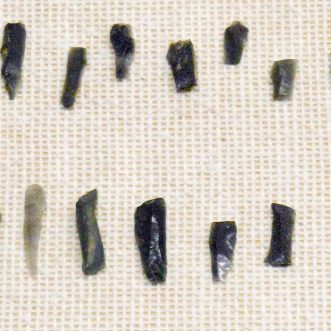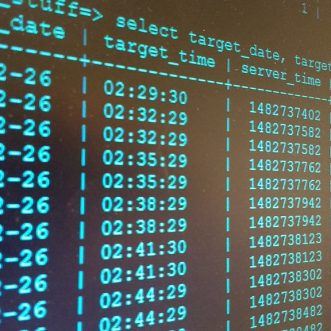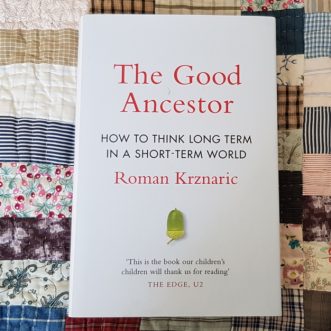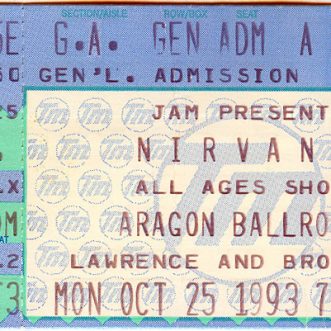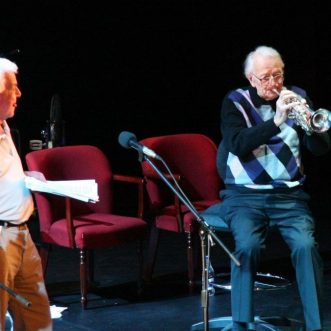April 7, 2022
In this letter to Nirvana, pitching to produce their next album, Steve Albini sets out his Promise of Value for them to take or leave.
It’s not 100% applicable to a business like yours, (unless your business is actually a band) but there’s a lot that could be learned from it:
“I’m only interested in working on records that legitimately reflect the band’s own perception of their music and existence. If you will commit yourselves to that as a tenet of the recording methodology, then I will bust my ass for you. I’ll work circles around you. I’ll rap your head with a ratchet…”
“If the record takes a long time, and everyone gets bummed and scrutinizes every step, then the recordings bear little resemblance to the live band, and the end result is seldom flattering.”
“I consider the band the most important thing, as the creative entity that spawned both the band’s personality and style and as the social entity that exists 24 hours out of each day. I do not consider it my place to tell you what to do or how to play.”
“I like to leave room for accidents or chaos. Making a seamless record, where every note and syllable is in place and every bass drum is identical, is no trick. Any idiot with the patience and the budget to allow such foolishness can do it. I prefer to work on records that aspire to greater things, like originality, personality and enthusiasm.”
As the founder of your business, you’re the equivalent of Nirvana. You’re the live band. The customer experience you’ve carefully crafted as you grew your business is what your audience buys.
Your team, is like the records you make to get the music to more of those who want to hear it – far into the future.
Only now you are Steve Albini, and it’s your job to make sure the record delivers as if it was you:
“If every element of the music and dynamics of a band is controlled by click tracks, computers, automated mixes, gates, samplers and sequencers, then the record may not be incompetent, but it certainly won’t be exceptional. It will also bear very little relationship to the live band, which is what all this hooey is supposed to be about.”
Write your people a score, make sure they’re familiar with your sound and ethos, then let them play as human beings, not machines.
